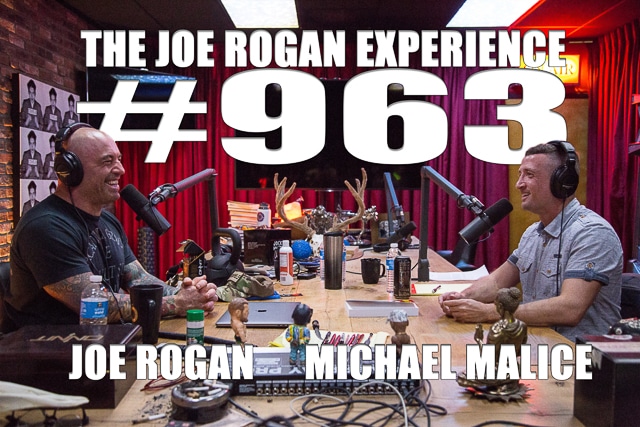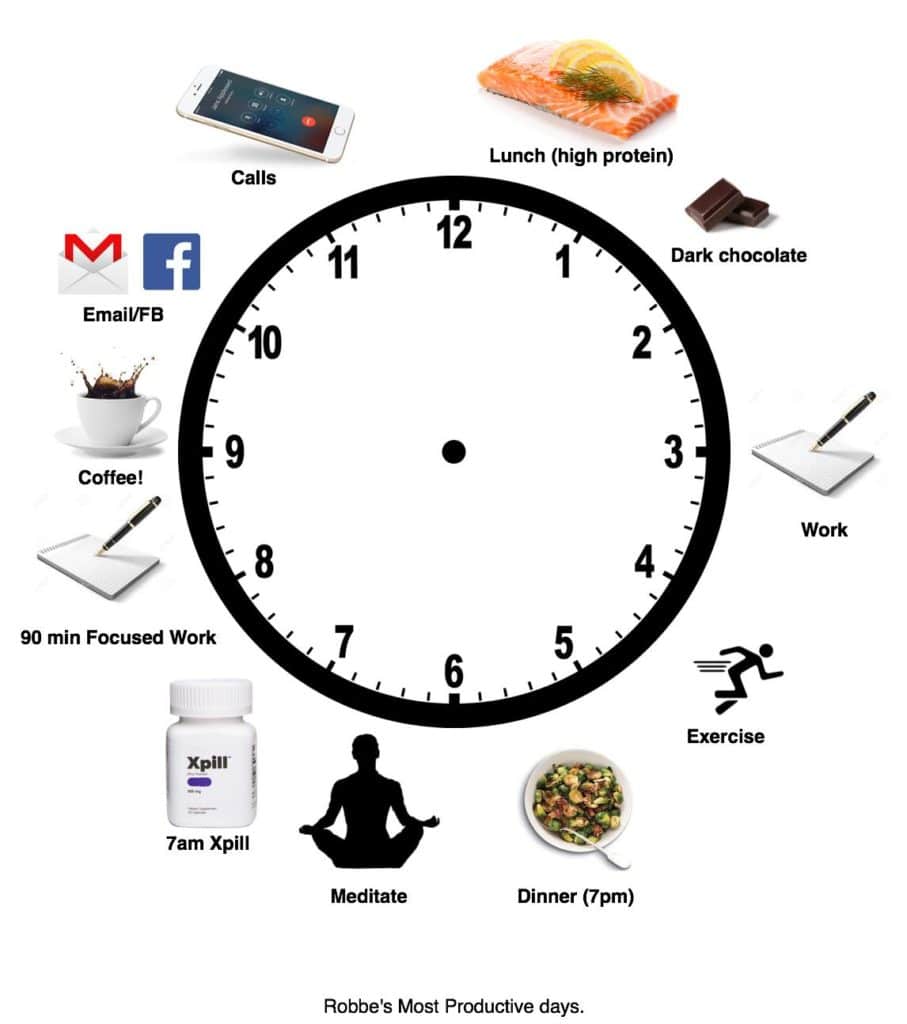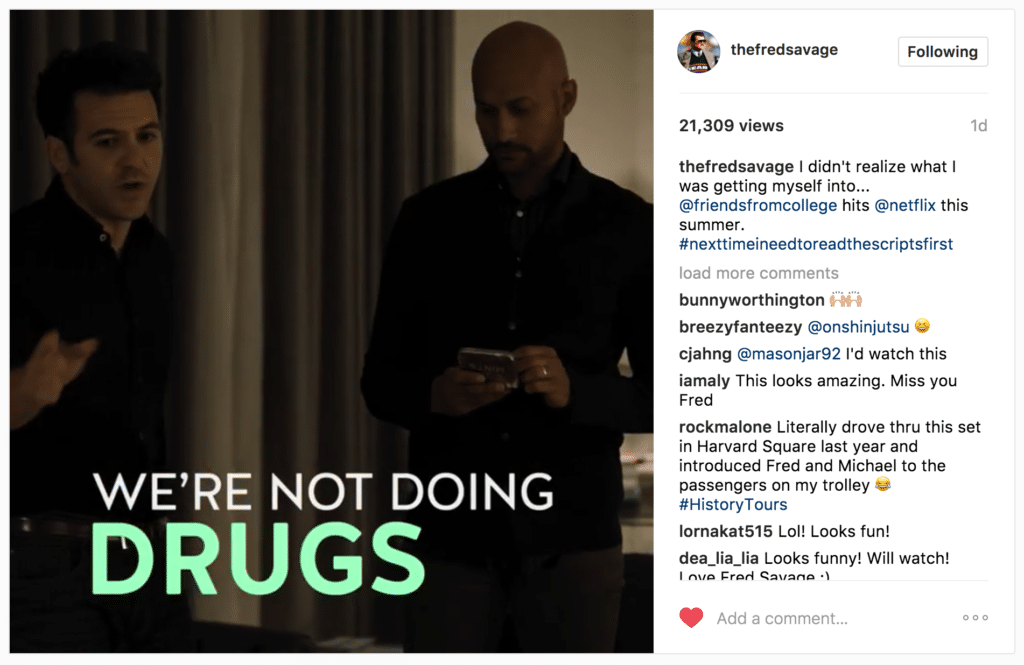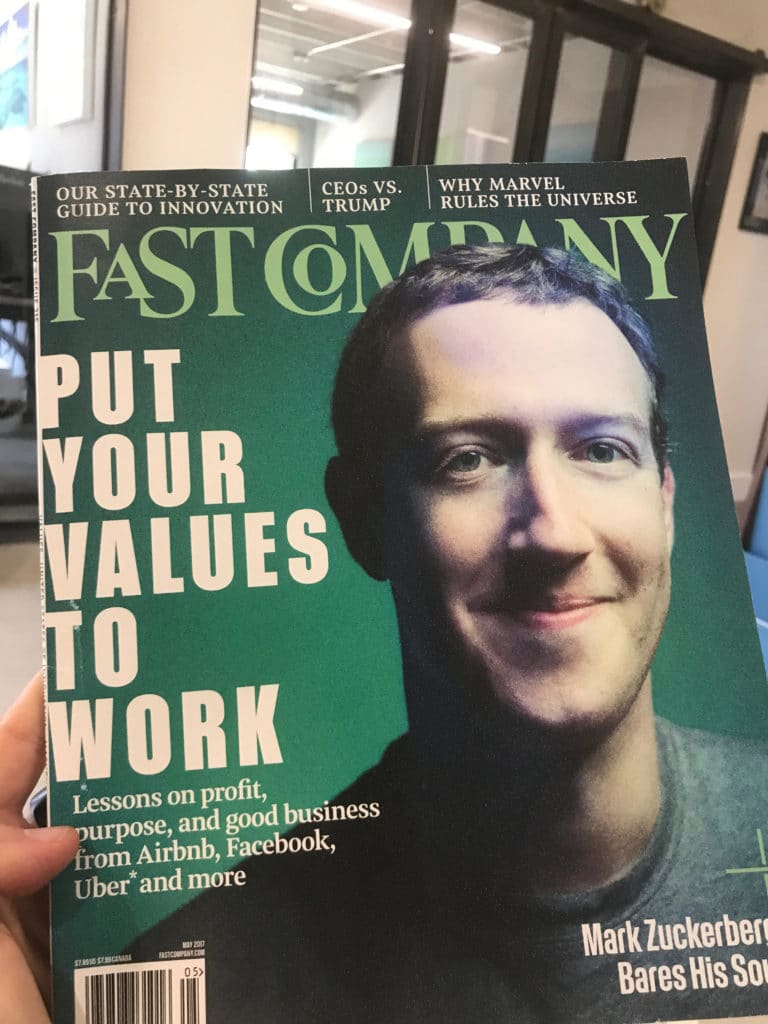

March 5, 2018
Great cultures ,Values
In the Culture Blueprint I talk about how culture is related to systems theory. There are feedback loops (culture feeds on itself).
Here are the two kinds and why you should know about them:
These are the values you want to be known for. You want reinforce behaviors that support these values.
I would actually call these counter-balancing loops. They make sure the intended value does not go out of control, because any system that is optimized for a value without a counterbalance will tip over.
Let me explain…
At Zappos, the first value is “Deliver WOW! through service.” There are many reinforcing behaviors that go into this, from the way calls are answered to how problems are handled.
But… if that was the only value, imagine how it would go out of control if followed to an extreme. People would spend a lot of money on making customers happy, even to the detriment of the company. Or, people would focus so much on helping the customer that they would lose focus on themselves and burn out.
So the counter balancing values are “Do more with less” to keep costs down, and “Create Fun and a Little Weirdness” to make sure everyone is taking care of themselves.
You can see this in many companies.
Google places a high priority on academics. So they balance the education intensity of college with all the amenities of college too.
Apple is known for pursuing excellence. But if they only pursued excellence they would never ship because it would never be perfect. And because of that, they also have a high tolerance for failure. Steve Jobs said he loved the products they never created as much as the ones that they did.
So take the highest value you have for your company. Now take it to an extreme. Now what would be the counter balance?
Oh, and what do you think Steve Jobs said when asked what his all-time favorite invention was?
It was Apple itself – The company. Meaning the culture and people. Culture is the key factor.
December 1, 2017
Great cultures
When people see I have zero emails in my inbox they can’t believe it. I usually teach this to individuals or at companies, but I wanted more people to have it, so here is a webinar I created with the principles, hacks and tools.
October 4, 2017
Great cultures ,Hacks
It used to take me weeks to figure out a culture. I would spend a lot of time with the company and then write a long report about what’s going on.
Now I can quickly diagnose a culture with this question:
“Are people on time for meetings and do they end on time?”
For culture to work properly, it’s all about agreements – our cultural norms. And our realities can be so different that there’s not a lot we can agree on. Even something as simple as honesty can break down when you ask if white lies are okay, or if you argue whether taking pens home from the office is dishonest.
But one thing we can agree on is that we all go by the same clock.
Time is the great equalizer.
So when one person puts their time agenda above others, then the culture system breaks down. That may sound extreme but think of it this way…
Let’s say Bob is leading a meeting that’s supposed to end by 9am and he decides he needs 10 extra minutes to get his point across. Because Bob is a manager people feel like they have to stay. Meanwhile Susan is losing time for her 9am meeting because she needs those people there, who (now) will not be on time.
To put it simply – Being late is all about prioritizing your own individual needs above the group needs. And that is when things break down.
Will being on time solve all problems? No, but it sets the foundation because:
a) People respect the whole over the individual (as a practice)
b) People learn to work with constraints
c) People learn to put integrity above any goal
In all my years of knowing Tony (CEO of Zappos) I have never once seen him be late (both personally and professionally). And he is a leader who achieves a lot, has a ton of fun, and delegates like a master.
Don’t believe me.
Try it (just for a week) and see what happens.
July 13, 2017
Great cultures
Well this took me surprise! After my speech, Rob said, would you like me to shoot an intro video for you? I had no idea it would be this…
May 27, 2017
Great cultures
Granted, this is coming from a guy who spends very little time on social media, but I think that’s actually an advantage.
It seems that people crushing it in social media are very clear on who they are and what they value (Once again, it’s all about values).
This all came to me in just a few moments. I just had a very fine cup of coffee, I got on Instagram and I suddenly realized what really works…
(and by the way, that term Social Media is pretty much everything within public digital communications)
These trends make the following assumptions:
With a million places to direct our attention, it’s not about what’s important or interesting or entertaining. It’s about what’s most relevant to us or our audience at any given moment.
The Joe Rogan Podcast gets more than 120 million downloads per month. That’s more people than watch the Super bowl. I can listen to it for hours (except for the parts on MMA).

I love how he mixes three vital elements:
1) Highly relevant topic matters
2) People highly qualified to talk about them
3) Improv comedy style humor and flow
The first segment of this episode with Michael Malice is incredible because I learned so much about what’s really going on in North Korea and how the people there are being held hostage. I feel like I’m being informed and having fun all at the same time.
Gary Vaynerchuck was at Mastermind Talks when I heard him say that nostalgia is going to be huge, I think because as things change faster and faster, the joys from the past become comforting and grounding.
In this video, comedian Bert Kreischer pretends to be in an episode of Magnum PI before his Hawaii shows.

I noticed how this is far different from everything else in my feed, so it immediately drew my attention.
This is a fancy way of saying it conveys everything you need to know, in one shot, without explanation. I got a lot of compliments on this post for that reason. This is me conveying my ideal productive day, without explanation…

The value of humor cannot be underplayed. I remember seeing Seth Godin speak and half the content was funny images. As a pro speaker I thought it seemed like cheating, but hey, he’s winning and it’s working. Funny cuts through, opens people up, lets us relax and take our guards down. I fully believe our next president will be very, very funny.

Fred Savage posted this clip from Netflix on Instagram. I love how I could understand the scene quickly, with our without audio.
This is brand new territory, so let me first say that a lot of people are getting this wrong. Having automated conversations (such as facebook messenger bots) that are actually relevant and helpful are speeding up interactions and keeping people engaged.
For an example of this, check out the opt-in at Bot Academy…

May 4, 2017
Great cultures
I sometimes call values the “Health Food” of business – It’s what we all know we should do, but aren’t really doing. Mostly because companies have not taken the time to simply figure out what their real values are.
But seeing stories like this in Fast Company, and noticing how both the strongest brands and the disruptor up-and-comers are focused on values, I think values are about to go vogue.
